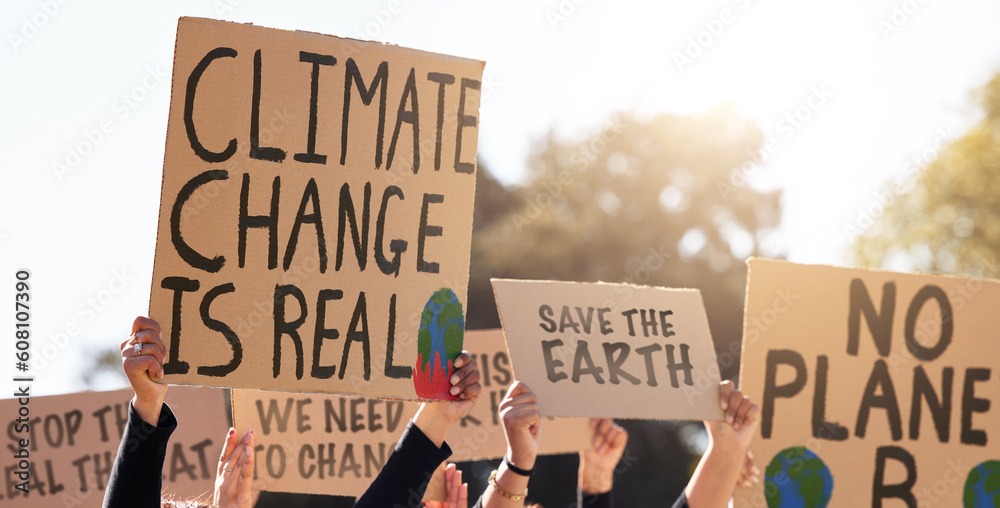Climate Change Litigation
In the contemporary world, climate change litigation plays a crucial role in steering states and corporations toward a sustainable future. Even in cases where the plaintiff loses, the cases help establish precedents and emphasize the urgency for action.


In today’s world, environmental advocacy constitutes a major part of the legal world. Rapidly changing and deteriorating environmental conditions are one of the major reasons for youth turning to courts to protect the climate and hold organizations and governments responsible. There is an urgent need for action to save the deteriorating environment and legal action helps in achieving this goal.
Legal action helps hold corporations, governments, and other institutions liable and accountable for their responsibilities toward climate change. Leading landmark cases help increase public awareness about important climate-related issues and encourage action. Legal action is part of a greater global movement toward climate change.
These lawsuits argue that it is the states’ responsibility to protect individual’s fundamental rights to life and health. Hence, the state is responsible for protecting the climate as climate change infringes upon these rights. In a landmark case, Urgenda Foundation v. State of Netherlands, the Dutch Supreme Court ordered the government to reduce greenhouse gas emissions, given that, it is the states’ responsibility to protect citizens from environmental harm. Many similar cases around the world highlight the state's responsibility to protect individual rights and link climate inaction to human rights violations.
Climate change litigation plays a big part in holding corporations and other institutions accountable for the damages to climate their activities do. These lawsuits mainly target fossil fuel and carbon-emitting companies. The main goal of these lawsuits is remedial, i.e. to seek compensation for damages caused by these companies to climate. The emissions by these companies impact the sea levels, wildfires, water pollution, and other adversaries. Many landmark cases addressing corporate accountability for climate impact help shape the world of climate change litigation.
Many of these lawsuits question the governments and corporations and ask them for honest statistics on their carbon emissions and climate impact. They also question their respective climate policies.
These discussions go beyond courtrooms and not only address climate change in the legal sphere but also shape climate politics and help educate the public about relevant climate change issues. In the contemporary world, climate change litigation plays a crucial role in steering states and corporations toward a sustainable future. Even in cases where the plaintiff loses, the cases help establish precedents and emphasize the urgency for action.
